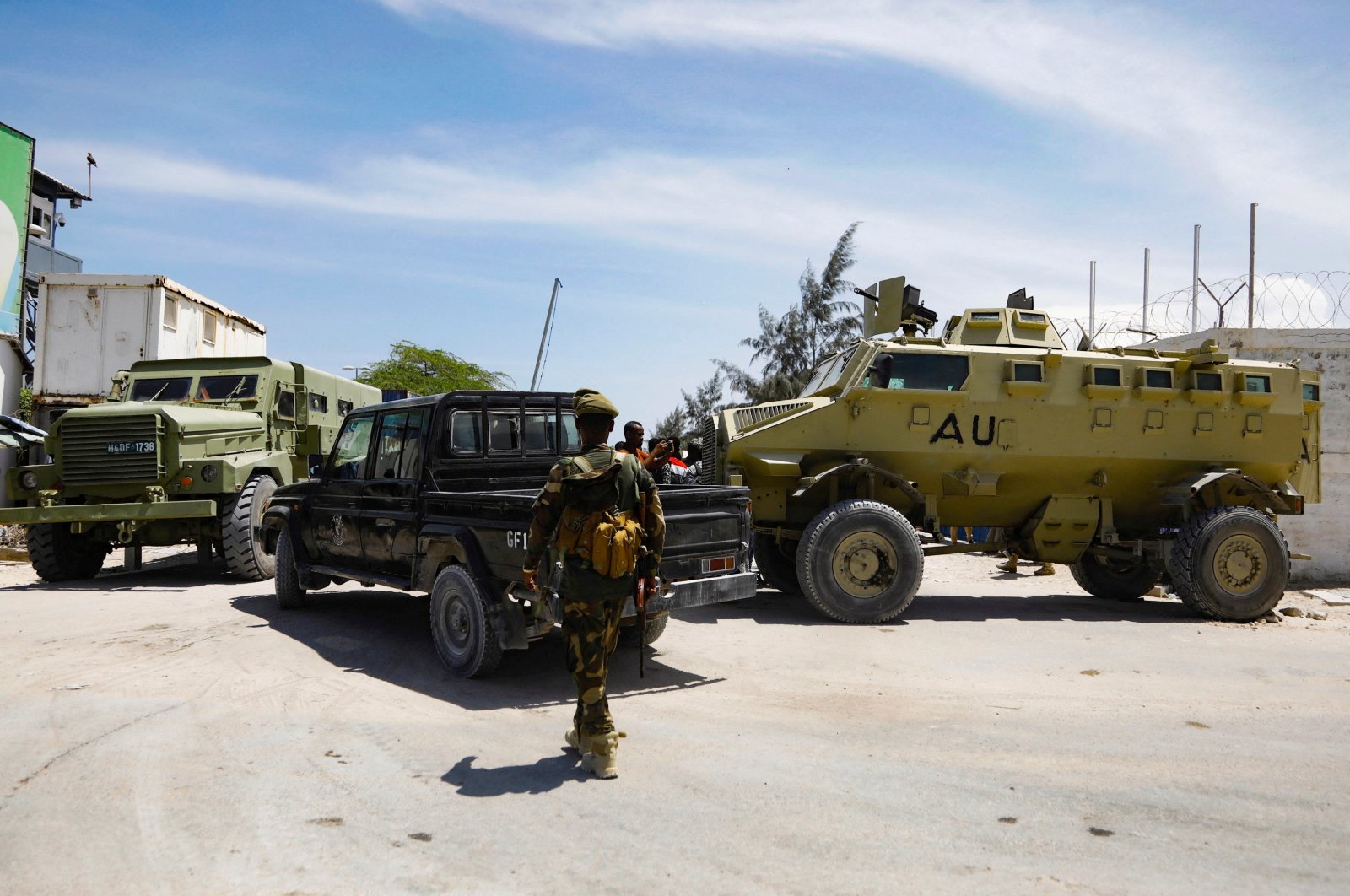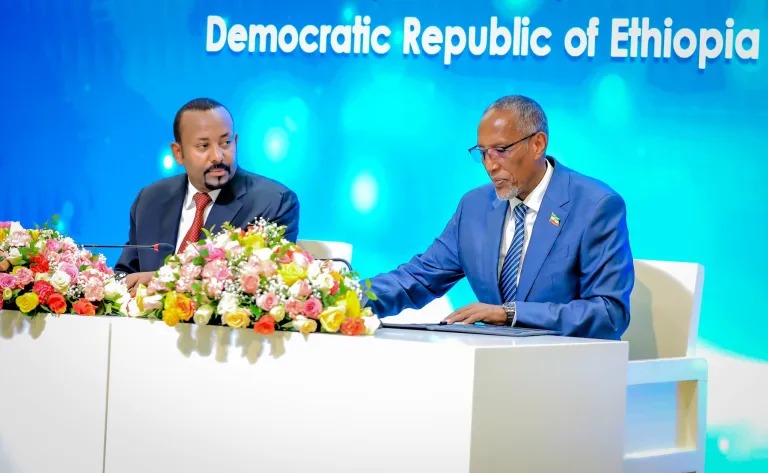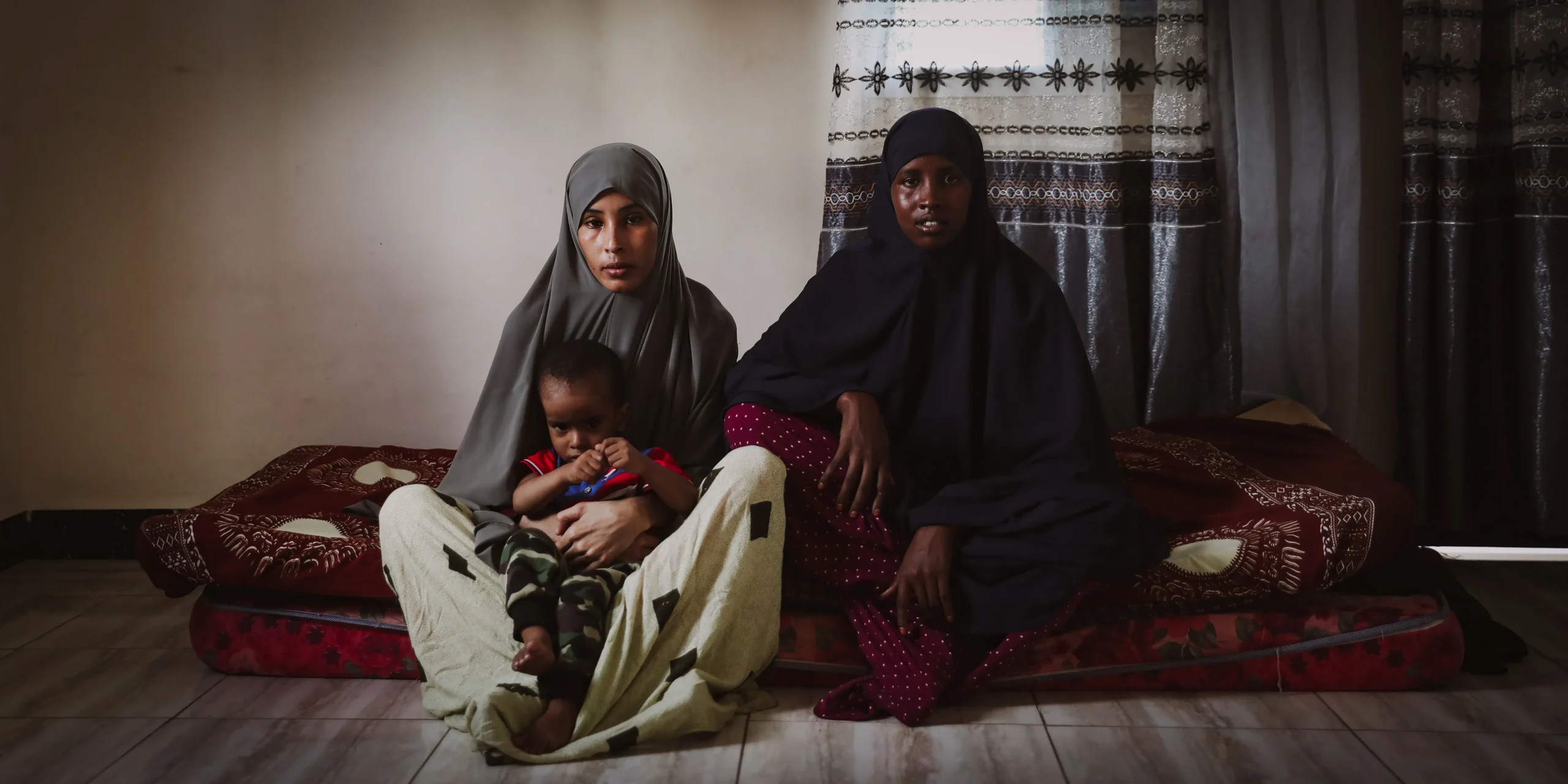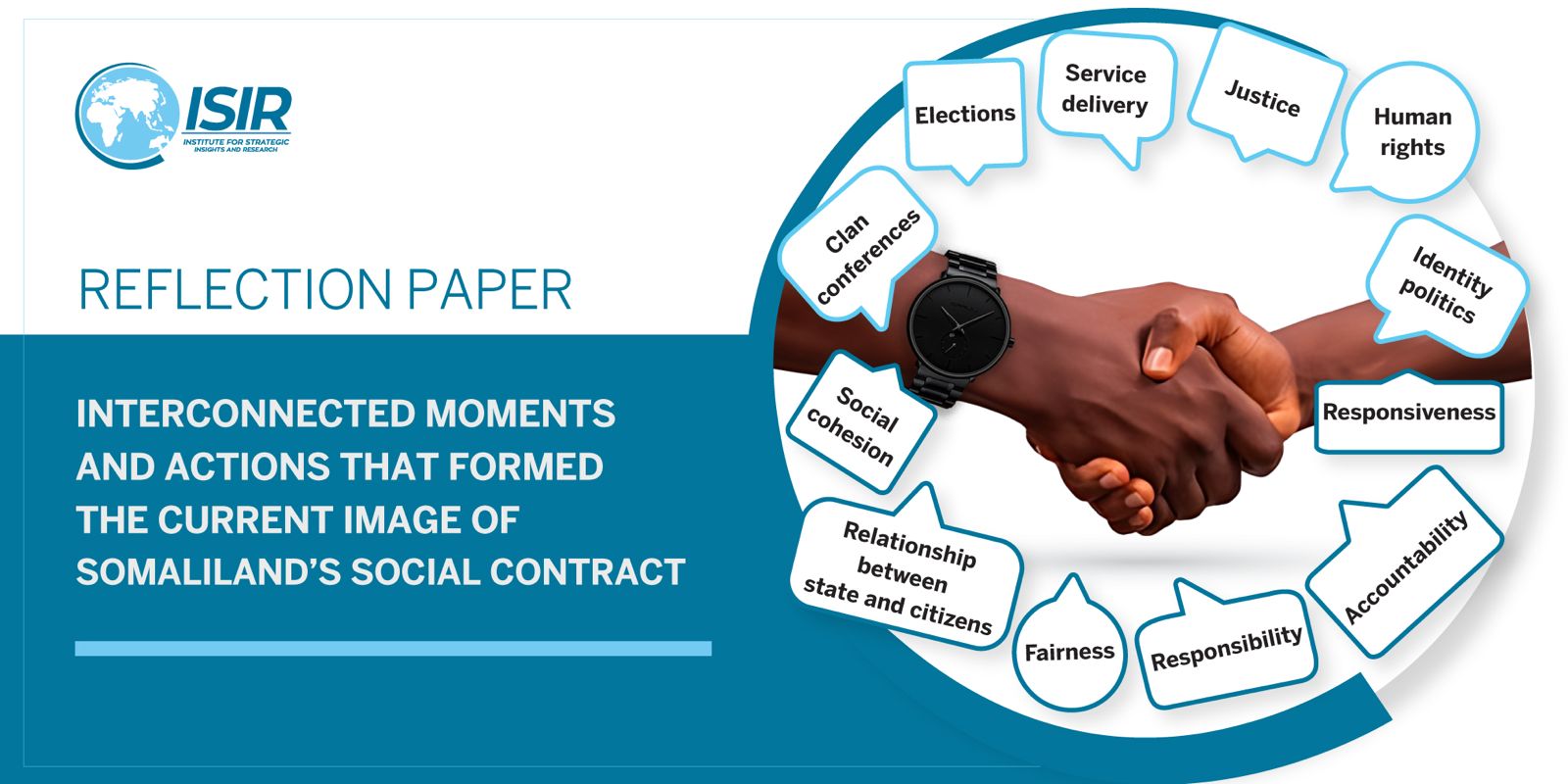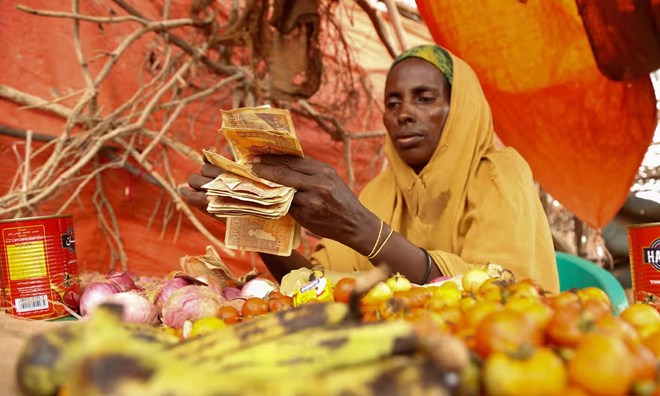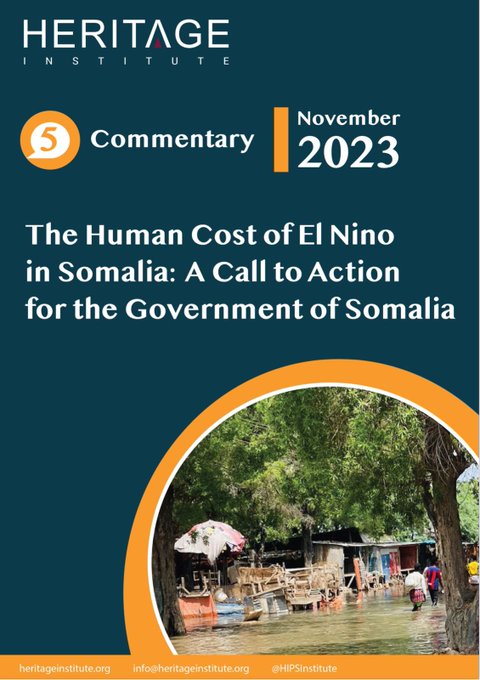Mr. President, Members of the Council,
Thank you for this opportunity to brief on the situation in Somalia. You have received a detailed written update in the latest report of the Secretary-General. So, I will focus on just a few key points regarding (1) elections, (2) relations between the Federal Government and Federal Member States, (3) the Security Situation, and (4) Humanitarian Developments.
Mr. President,
This very week top Somali leaders convened in Dhusamareeb in an effort to reach a compromise on how to proceed with the 2020/2021 elections. We commend those leaders who participated in this meeting, including President Mohamed Abdullahi Mohamed “Farmajo” and the presidents of the Federal Member States of Galmudug, Hirshabelle, and South West. Although much more work remains to be done, we are encouraged that their discussions are taking place in a conciliatory spirit and they are examining a diverse range of electoral options.
We regret, therefore, the absence of Puntland President Said Deni and Jubaland President Ahmed Islam Madobe from this important meeting. It is disappointing that they declined to participate despite repeated appeals from other Somali political leaders and international partners. We understand that there are strongly held divergent views among the leaders and political tensions are high in this pre-electoral period. Yet, it is precisely during such moments that it is most necessary for the nation’s leaders to engage in dialogue and present their best ideas to find solutions in the interest of the Somali people.
Mr. President,
On June 27, the Chairperson of the National Independent Electoral Commission briefed the House of the People that — at this late stage — one-person-one-vote elections could take place no earlier than March 2021, and then only if manual voter registration were used, or in August 2021 if the Commission used biometric registration.
The Chairperson’s briefing underscored the dilemma facing Somalia’s political leaders. Under the Provisional Federal Constitution, Parliament must be elected through direct universal suffrage. But the Constitution also stipulates that Parliamentary elections must be held according to a prescribed deadline, every four years. This means that parliamentary elections are due by the end of November 2020. It is now clear that it is not possible to satisfy both of these constitutional requirements.
As the Constitutional Court has never been formed, there is no credible judicial body to resolve this constitutional dilemma. A solution therefore requires broad-based political agreement. Unilateral action by any Somali stakeholder is unlikely to garner the support and legitimacy necessary for implementation.
Mr. President,
Members of this Council have for more than a year urged dialogue and cooperation between the leaders of the Federal Government of Somalia and those of the Federal Member States. I am pleased to report that since my last briefing to the Council these leaders met virtually on June 22 and then in person from July 18 to 22 in Dhusamareeb. These meetings became possible following a conciliatory initiative by President Farmajo to reach out to Jubaland President Ahmed Madobe. I commend both leaders for accepting this dialogue despite their significant remaining political differences.
Federal Government and Federal Member State leaders agreed in July in Dhusamareeb on the goal of timely and credible elections acceptable to all and they authorized a Technical Committee to develop and present detailed options for consideration at their follow-up summit which started on August 15. The climate of cooperation in July regrettably was then somewhat undermined by subsequent political events, as some FMSes and political parties reacted negatively to the abrupt removal of the Prime Minister from office, among other developments.
President Farmajo and three Federal Member State leaders returned on schedule to Dhusamareeb on August 15, as agreed, to continue discussions. Again, we regret the absence of the others.
It is of course up to Somali stakeholders to determine a model that will guide the electoral process. Nonetheless, we urge that such a model be arrived at through inclusive dialogue and compromise. It should be informed also by principles including that it must preserve the tradition of peaceful rotation in office every four years, be practically implementable, ensure far broader representation than the 2016 model, be inclusive of women, and advance progress toward the goal of one-person-one-vote elections.
Somalis and their international partners are watching closely the discussion currently underway in Dhusamareeb. It is incumbent on Somalia’s leaders to rise to this moment in history and pursue agreement in the national interest. At the request of many Somali stakeholders, we have contributed ideas and options for a compromise electoral model, and international partners stand ready to offer support if requested by the participants.
Turning to another important dialogue, we welcome the summit of the leaders of Somalia and Somaliland convened by Djiboutian President Ismael Omar Guelleh on June 14, with facilitation by the European Union and the United States. We urge that planned follow-up discussions by the Technical Committee and sub-committees proceed.
Mr. President,
We are now witnessing a worrying upsurge in Al Shabaab attacks, particularly in Mogadishu, but also in several regions. The vicious al-Shabaab attack on innocent civilians at the Elite Hotel on August 16 was one of an increasing number of recent attacks across Somalia and is a tragic reminder of the continued imperative to improve security in Somalia. Long-term security of course includes many aspects, such as improved governance and justice systems and inclusive economic development. Yet, there unquestionably also remains a requirement for “hard security” capabilities and operations to counter al-Shabaab. In my May briefing to the Council, I commended the Somali National Army and AMISOM for their capture of Janaale, Lower Shabelle region, in March. Since then, efforts have focused on stabilizing the recovered areas and consolidating presence in the area. I again salute the courage and commitment of Somali and African Union troops.
2021 is to be a critical transition year in which Somalia takes the lead on its security matters. Last week the Federal Government of Somalia completed a Concept Note for updating the Somalia Transition Plan, and technical teams comprising Somali security leaders and international partners began work on the update this week. Force generation has faced some setbacks in meeting 2020 projections as a consequence of COVID-19. The Comprehensive Approach to Security continues to operate at the technical level but would be enhanced by additional strategic-level guidance, as called for by the Council in its resolution 2520. Throughout this reporting period — despite the impact of COVID – the UN Support Office for Somalia (UNSOS) has continued to contribute reliably to the sustainment and operations of AMISOM forces and 10,900 Somali National Army troops.
In preparation for key security-related decisions to be taken in 2021, we look forward to the Independent Assessment called for by the Council.
Mr. President,
Somalia continues to suffer chronic humanitarian crises, with recurring destructive cycles of floods and drought, compounded this year by desert locusts and COVID-19. More than five million people — one-third of Somalia’s population – still require life-saving humanitarian assistance. The 2020 Humanitarian Appeal of just over $1 billion is currently funded at only slightly more than 50 percent. We thank international donors and request their continued generosity in support of the Somali people.
COVID-19 has of course undermined health, economic and development gains in Somalia. Achievement in March of decision point under the Heavily Indebted Poor Countries initiative was crucial to Somalia’s ability to secure funding to mitigate the impact of COVID. We hope the new Government and Prime Minister – once appointed – will continue and indeed accelerate Somalia’s reform agenda for national development.
Mr. President,
While today’s briefing has focused on immediate, pressing issues, we remain mindful that progress in Somalia requires a long-term commitment to governance, justice, respect for human rights, and inclusion of women, youth, and minorities to build the nation.
In regard to efforts to counter sexual and gender-based violence, I note with concern the recent initiative by some parliamentarians to introduce a new bill titled The Law on Sexual Intercourse Related Crimes. We have brought our concerns to the attention of the Speaker of the House of the People and, at his request, we have provided him details of many troubling elements in the proposed draft. Among them, this draft bill would violate protections against child marriage and forced marriage, and it is not in conformity with international human rights commitments to which Somalia is a party. We urge that the previous 2018 Sexual Offenses Bill be reintroduced for considerations.
Finally, Mr. President, on a positive note, I am pleased to report that the Secretary-General has approved Somalia’s request for renewed eligibility for the Peacebuilding Fund. The next period of programming will focus on the important topic of Women, Peace, and Security.
Thank you for your kind attention.
Categories: Latest News








